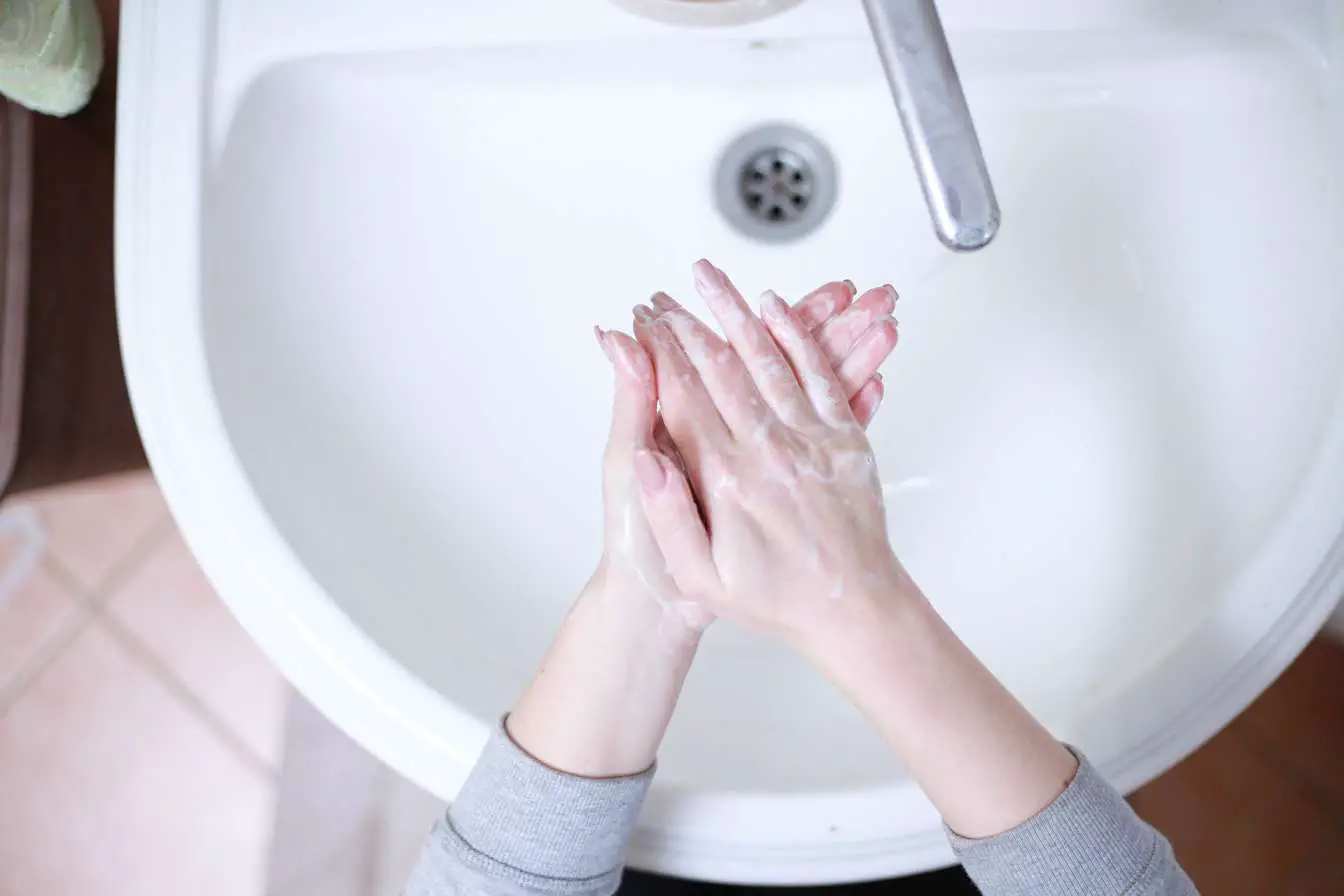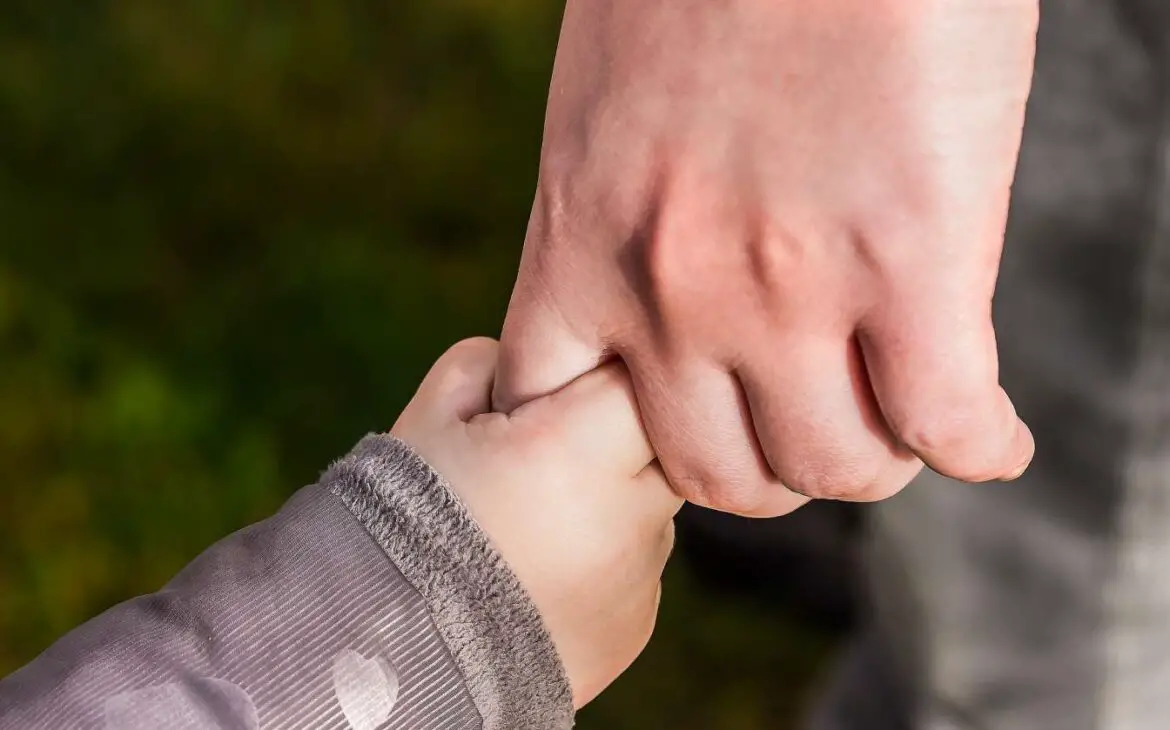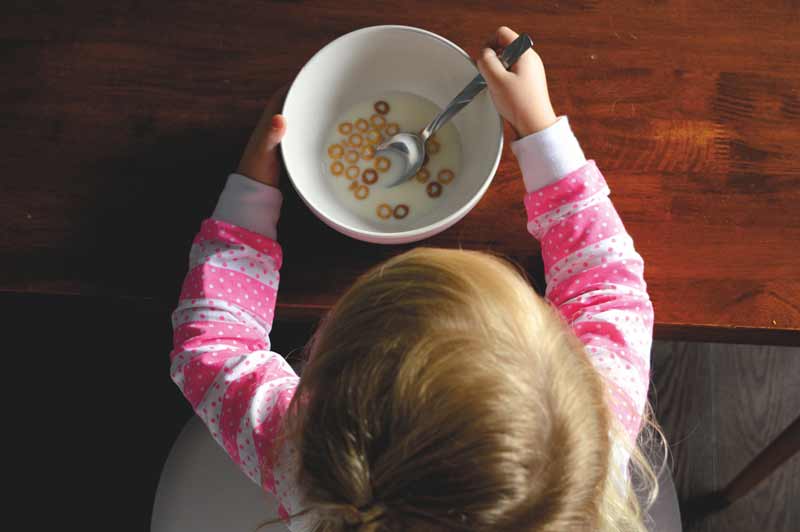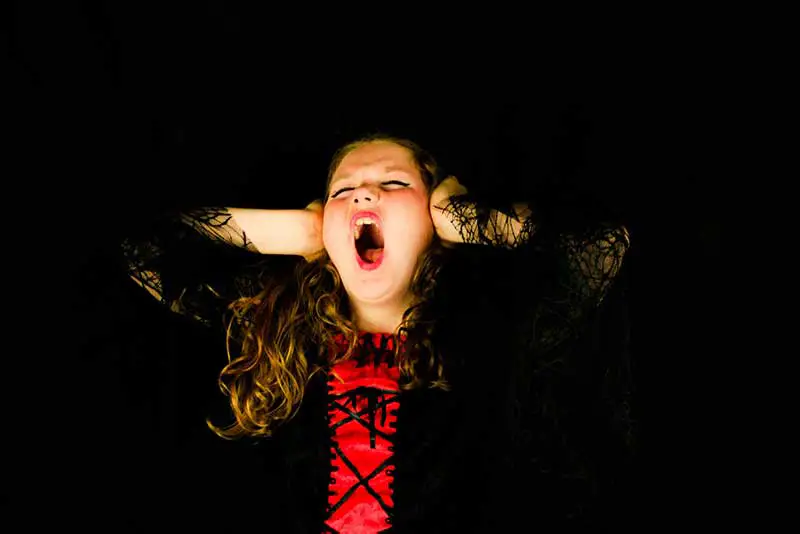How Will You Teach A Child About Personal Hygiene?
Hey there! Teaching a child about personal hygiene is like guiding them on a lifelong adventure of staying fresh and healthy. In this article, we’ll explore fun and easy ways to approach this essential topic, making the learning process enjoyable for both you and your little one. Let’s dive in together!
Table of Contents
The Importance of Personal Hygiene for Children
Good personal hygiene is crucial for children as it not only helps them stay healthy but also contributes to their overall well-being and self-confidence. Teaching children about personal hygiene from an early age can set them up for a lifetime of good habits. Here are some reasons why personal hygiene is important for children and how parents and teachers can effectively teach them about it.
Firstly, maintaining personal hygiene prevents the spread of germs and illnesses. Children are particularly susceptible to catching and spreading diseases due to their close contact with other children in schools and daycare centers. Simple practices such as regular handwashing and covering their mouths and noses when they cough or sneeze can significantly reduce the risk of infections.
Secondly, personal hygiene promotes physical health. Regular bathing and grooming help to keep the skin clean, preventing skin infections and rashes. Brushing teeth twice a day and flossing regularly can prevent tooth decay and gum diseases. Additionally, trimming nails and keeping them clean reduces the chances of harboring harmful bacteria.
Moreover, good personal hygiene habits can boost children’s self-esteem and confidence. When children look and feel clean, they are more likely to have a positive body image and interact socially with others. Having fresh breath, neat hair, and clean clothes can help children feel more comfortable and confident in their interactions with peers.
To effectively teach children about personal hygiene, parents and teachers can employ various strategies. First and foremost, leading by example is crucial. Children learn best through observation, so it is important for adults to practice good personal hygiene habits and encourage children to follow suit.
Additionally, making personal hygiene fun and engaging can capture children’s interest. Using colorful visuals, songs, and interactive games can make learning about hygiene enjoyable and memorable. For example, parents can sing a handwashing song with their children to ensure they wash their hands for at least 20 seconds, as recommended by health experts.
Personal hygiene lessons into daily routines is another effective approach. Parents and teachers can make personal hygiene a part of children’s everyday activities, such as during bath time, toothbrushing time, and before meals. By making it a consistent habit, children are more likely to internalize these practices and continue them into adulthood.
Creating a healthy and hygienic environment is also crucial in reinforcing personal hygiene habits. Parents and teachers should ensure that children have access to clean water, soap, toothpaste, and other necessary items. Hygiene supplies should be readily available in schools and daycare centers to encourage regular handwashing and other hygiene practices.
Overcoming resistance to personal hygiene habits can sometimes be a challenge. However, positive reinforcement and encouragement go a long way in motivating children. Praising and rewarding children when they practice good hygiene can reinforce positive habits. Additionally, explaining the reasons behind these practices and the benefits they bring can help children understand their importance.
Teaching children about personal hygiene is essential for their health, well-being, and confidence. By incorporating personal hygiene lessons into daily routines, creating a hygienic environment, and employing engaging strategies, parents and teachers can effectively teach children about personal hygiene. Remember, the habits children develop in their early years can have a lasting impact on their overall health and well-being.
Strategies for teaching personal hygiene to children
Teaching children about personal hygiene is essential for their overall health and well-being. By instilling good hygiene habits at an early age, parents and teachers can help children develop lifelong practices that will benefit them in various aspects of their lives. Here are some effective strategies for teaching personal hygiene to children:
-
Lead by example: Children learn by observing and imitating those around them, so it is crucial for parents and teachers to practice good hygiene habits themselves. When children see adults washing their hands, brushing their teeth, and maintaining cleanliness, they are more likely to adopt these behaviors.
-
Keep it simple: When teaching personal hygiene, it is important to use simple and age-appropriate language that children can understand. Explain the importance of hygiene practices in a way that relates to their daily lives. For example, you can explain that washing hands prevents the spread of germs and helps keep them healthy.
-
Make it fun: Incorporate games, songs, and interactive activities to make personal hygiene routines enjoyable for children. For instance, you can create a handwashing song with catchy lyrics or use colorful charts to track their progress. By making hygiene practices fun, children are more likely to engage and remember the importance of cleanliness.
-
Establish a routine: Consistency is key when it comes to teaching personal hygiene. Create a daily routine that includes specific times for activities such as brushing teeth, bathing, and washing hands. Having a set schedule helps children develop a sense of responsibility and makes hygiene practices a natural part of their day.
-
Use visual aids: Visual aids, such as posters or pictures, can be effective tools for teaching personal hygiene. Display images that demonstrate proper techniques for brushing teeth, washing hands, and other hygiene practices. Visual cues serve as reminders for children to engage in these activities regularly.
-
Explain the consequences: Help children understand the consequences of poor personal hygiene by explaining the potential health risks associated with neglecting cleanliness. Discuss how germs can cause illnesses and emphasize the importance of preventing the spread of infection to themselves and others.
-
Provide hands-on experiences: Encourage children to actively participate in their own personal hygiene routines. For example, let them practice brushing their teeth under your supervision or allow them to choose their own soap or toothbrush. This hands-on approach helps children develop a sense of autonomy and ownership over their hygiene habits.
By following these strategies, parents and teachers can effectively teach children about personal hygiene. Remember to be patient and provide positive reinforcement to encourage children as they develop good hygiene habits. Ultimately, instilling these practices early on sets the foundation for a lifetime of good health and well-being.
The Importance of Personal Hygiene for Children
Personal hygiene plays a vital role in maintaining good health and well-being, especially for children. Teaching children about personal hygiene at an early age helps them develop lifelong habits that will benefit them both physically and socially.
By instilling good hygiene practices, parents and teachers can help children prevent illnesses, promote self-care, and build self-confidence. Here are some strategies for teaching personal hygiene to children:
-
Start Early: It is important to introduce personal hygiene habits to children from a young age. By starting early, children can develop a routine and understand the importance of maintaining cleanliness.
-
Lead by Example: Children often mimic the behavior of adults, so it is crucial for parents and teachers to model good personal hygiene practices. Show children how to properly wash their hands, brush their teeth, and take care of their bodies. By consistently demonstrating these habits, children will be more likely to adopt them.
-
Make it Fun: Incorporate playfulness and creativity into teaching personal hygiene. Use colorful charts, songs, or stories to engage children in the learning process. Turn toothbrushing time into a game or challenge them to wash their hands for the duration of their favorite song.
-
Break it Down: Children may feel overwhelmed if presented with a list of personal hygiene tasks all at once. Instead, break down the routines into manageable steps. Teach them to wash their hands before meals, brush their teeth twice a day, take a bath or shower regularly, and trim their nails.
-
Reinforce Positive Habits: Praise children when they practice good hygiene. Positive reinforcement can go a long way in encouraging children to continue these behaviors. Reward charts, stickers, or small incentives can be used to motivate them to participate in personal hygiene routines.
-
Provide Educational Resources: Utilize age-appropriate books, videos, or interactive games to teach children about personal hygiene. These resources can help them understand the importance of hygiene and reinforce the lessons taught by parents and teachers.
-
Teach the “Why”: Explain to children the reasons behind each personal hygiene task. Help them understand that washing hands prevents the spread of germs, brushing teeth keeps them healthy, and taking care of their bodies promotes overall well-being.
By incorporating personal hygiene lessons into daily routines, parents and teachers can help children establish lifelong habits. It is essential to create a healthy and hygienic environment for children by fostering cleanliness in their surroundings. Regularly clean and disinfect common areas, encourage the use of tissues or handkerchiefs, and provide access to clean water and hand sanitizers.
Despite the importance of personal hygiene, some children may resist practicing these habits. To overcome resistance, it is crucial to communicate openly with children, listen to their concerns, and address any fears or misconceptions they may have.
Encourage them to ask questions and provide age-appropriate answers. Additionally, establishing a routine and incorporating personal hygiene activities into daily schedules can help make them feel more natural and less like chores.
Teaching children about personal hygiene is crucial for their overall health and well-being. By starting early, leading by example, making it fun, and reinforcing positive habits, parents and teachers can instill good hygiene practices in children.
Creating a healthy and hygienic environment and overcoming resistance further contribute to promoting positive hygiene habits. By educating children about personal hygiene, we empower them to take charge of their own well-being and develop healthy habits that will last a lifetime.
The Importance of a Healthy and Hygienic Environment for Children
Maintaining a healthy and hygienic environment is crucial for the overall well-being and development of children. As teachers and parents, it is our responsibility to create an environment that promotes good hygiene practices and helps children develop healthy habits from an early age.
A clean and tidy environment not only helps prevent the spread of germs and diseases but also fosters a sense of well-being and promotes positive behavior. Children learn through observation and imitation, so it is important to set an example by practicing good hygiene ourselves. By doing so, we create a positive influence that encourages them to follow suit.
To create a healthy and hygienic environment, it is essential to establish a routine that includes regular handwashing, proper disposal of waste, and maintaining cleanliness in common areas.
Provide access to clean water, soap, and hand sanitizers, making it easy for children to practice hand hygiene throughout the day. Emphasize the importance of covering the mouth and nose while coughing or sneezing to prevent the spread of germs.
In addition to personal hygiene, maintaining a clean and organized space is equally important. Regular cleaning of classrooms, play areas, and toys can help prevent the buildup of dirt, dust, and germs. Encourage children to participate in cleaning activities, teaching them the importance of personal responsibility and teamwork.
It is also crucial to educate children about the importance of maintaining cleanliness in personal belongings. Teach them to keep their belongings organized and to avoid sharing personal items to minimize the risk of infections and diseases. Emphasize the concept of personal space and respect for others’ belongings.
Creating a safe and healthy environment extends beyond the physical aspects. It is equally important to foster an emotionally supportive environment where children feel comfortable discussing personal hygiene-related concerns.
Encourage open communication, answering their questions, and addressing their doubts in a non-judgmental manner. By doing so, we create a safe space where children feel heard and understood.
Involve parents in promoting a healthy and hygienic environment both at school and home. Share tips and suggestions with them on how to reinforce good hygiene practices outside of the school setting. Encourage parents to establish similar routines and practices, ensuring consistency in promoting good hygiene.
Creating a healthy and hygienic environment for children is vital for their overall well-being. By incorporating regular hygiene practices into daily routines, teaching them the importance of cleanliness, and maintaining a clean and organized space, we lay the foundation for lifelong healthy habits. Remember, a healthy environment is not only beneficial for the children’s physical health but also plays a crucial role in their emotional and social development.
Tips for Overcoming Resistance and Promoting Positive Hygiene Habits in Children
Teaching children about personal hygiene is essential for their overall health and well-being. However, it can sometimes be challenging to get children to adopt and maintain good hygiene habits.
As teachers and parents, it is our responsibility to find effective strategies to overcome resistance and promote positive hygiene habits in children. Here are some tips to help you achieve this:
-
Be a Role Model: Children often learn by observing and imitating adults. By practicing good personal hygiene yourself, you serve as a positive role model for children. Demonstrate proper handwashing techniques, brushing your teeth regularly, and maintaining personal cleanliness. When children see you emphasizing good hygiene practices, they are more likely to follow suit.
-
Explain the “Why”: Instead of simply instructing children to wash their hands or brush their teeth, take the time to explain the importance of these habits. Talk to them about how germs can make them sick and how regular hygiene practices can help prevent illnesses. When children understand the reasoning behind these habits, they are more likely to take them seriously.
-
Make it Fun: Incorporate elements of fun into hygiene routines to make them more engaging for children. For example, you can play their favorite songs or create a handwashing chart with colorful stickers to track their progress. By transforming hygiene activities into enjoyable experiences, children will be more motivated to participate.
-
Establish Consistent Routines: Consistency is key when it comes to teaching personal hygiene. Create a daily routine that includes designated times for activities like handwashing, toothbrushing, and bathing. Consistent routines help children develop a sense of structure and accountability, making hygiene habits more likely to stick.
-
Use Visual Aids: Visual aids such as posters, charts, and videos can be powerful tools for teaching children about personal hygiene. Illustrate the proper steps for handwashing, toothbrushing, and other hygiene practices using simple and colorful visuals. Display these aids in visible areas, like near the bathroom sink, to serve as constant reminders.
-
Reinforce Positive Behavior: Positive reinforcement is a valuable strategy for encouraging children to adopt and maintain good hygiene habits. Praise and reward children when they demonstrate positive hygiene behaviors. This can be as simple as giving them a high-five, offering words of encouragement, or even small incentives like stickers or tokens.
-
Encourage Independence: As children grow older, it is important to foster their independence in practicing personal hygiene. Teach them how to properly care for their bodies and allow them to take responsibility for their own hygiene routines. By empowering children to be independent in maintaining their hygiene, they develop a sense of ownership and responsibility.
-
Provide Gentle Reminders: Children may sometimes forget to practice good hygiene, so gentle reminders can be helpful. Use verbal cues or visual prompts to remind children when it is time to wash their hands or brush their teeth. These reminders can provide the necessary structure and routine for maintaining positive hygiene habits.
By implementing these tips, you can overcome resistance and promote positive hygiene habits in children. Remember, patience and consistency are key. By emphasizing the importance of personal hygiene and making it a part of their daily routine, you are equipping children with lifelong skills that contribute to their overall health and well-being.
Conclusion
Teaching children about personal hygiene is essential for their overall well-being and development. By understanding the importance of personal hygiene, children can learn to take care of themselves and prevent the spread of germs and diseases. Parents and teachers play a critical role in imparting these lessons to children by incorporating strategies and routines that promote healthy habits.
Strategies for teaching personal hygiene to children involve making it fun and engaging. Using visual aids, such as pictures or videos, can help children understand the concepts better. By demonstrating proper handwashing techniques or dental care habits, children can learn by observing and imitating. It is crucial to explain the reasoning behind each hygiene practice, emphasizing the benefits of cleanliness and how it contributes to their overall health.
Personal hygiene lessons into daily routines is an effective way to make it a natural and habitual part of a child’s life. For example, parents can encourage children to brush their teeth after each meal or before bedtime.
Teachers can also incorporate hygiene practices into classroom activities, such as washing hands before and after art projects or meals. By integrating these lessons into daily routines, children will recognize the importance of personal hygiene and develop good habits.
Creating a healthy and hygienic environment for children is equally important. Parents and teachers should ensure that clean water, soap, and hand sanitizer are readily available. Regular cleaning and disinfecting of surfaces, toys, and equipment can help prevent the spread of germs. Additionally, teaching children to cover their mouths when coughing or sneezing and disposing of tissues properly instills good hygiene practices.
Despite the importance of personal hygiene, children may resist implementing these habits. Parent and teacher tips for overcoming resistance and promoting positive hygiene habits include making it a team effort.
By involving children in decision-making and allowing them to choose their own toothbrush or soap, they feel a sense of ownership and responsibility. Praise and reward systems can also be incorporated to reinforce good hygiene practices and motivate children.
Teaching children about personal hygiene is crucial for their well-being and overall health. By employing strategies such as making it fun and integrating it into daily routines, parents and teachers can ensure that children develop positive hygiene habits.
Creating a healthy and hygienic environment and overcoming resistance through involvement and rewards are also essential elements. By imparting these lessons, we empower children to take care of themselves and foster habits that will benefit them throughout their lives.








